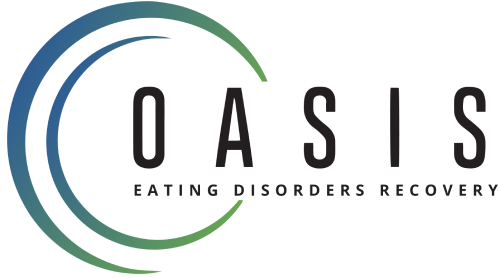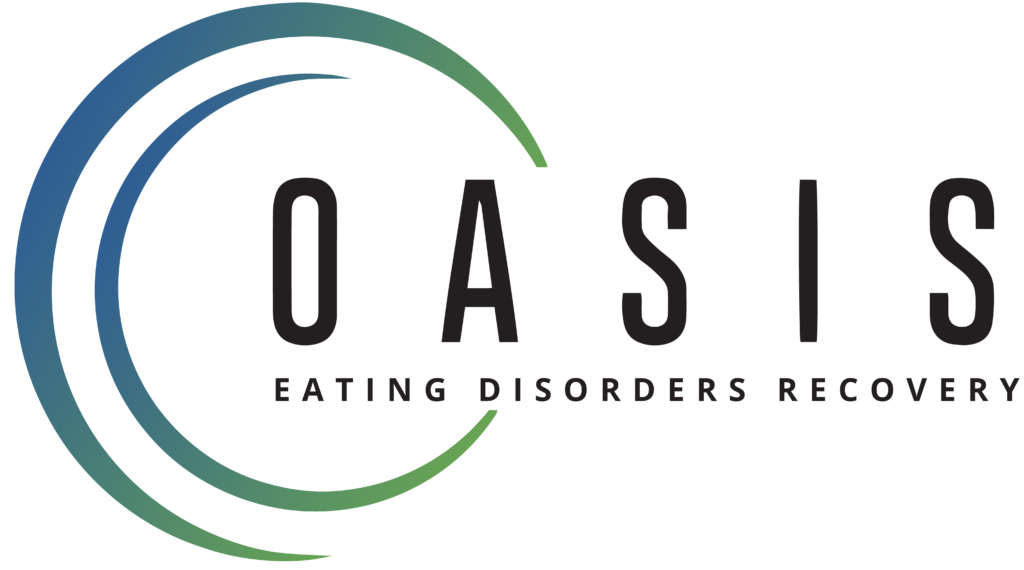Choose Facility
Overcoming Emotional Eating: Healthy Relationship with Food
Emotional eating is a common behavior where individuals use food to cope with emotional stress, boredom, or other negative feelings. It can lead to weight gain, poor nutrition, and unhealthy food relationships. Fortunately, with the right strategies, overcoming emotional eating and developing a healthier relationship with food is possible.
Understanding Emotional Eating
Emotional eating is often a response to stress, anxiety, or other negative emotions. A variety of factors, such as work stress, relationship problems, or financial difficulties can trigger it. Emotional eaters may turn to food for comfort or distraction, leading to overeating or binge eating. Emotional eating can become a habit, making breaking the cycle of negative feelings and unhealthy eating behaviors difficult.
Identifying Triggers
One of the first steps in overcoming emotional eating is identifying the triggers that lead to the behavior. This can involve keeping a food diary to track when and why you are eating and your emotions at the time. Common triggers include stress, boredom, loneliness, and anxiety. Once you have identified your triggers, you can develop strategies to manage them without turning to food.
Developing Healthy Coping Strategies
Developing healthy coping strategies involves finding alternative ways to deal with negative emotions rather than turning to food. This can include activities such as exercise, meditation, or journaling, which can help reduce stress and improve mood. It may also involve seeking support from friends or family, or talking to a mental health professional about your feelings. By developing healthy coping strategies, you can reduce the urge to eat for emotional reasons and make more mindful choices about what and how much you eat.
Mindful Eating
Developing mindful eating involves paying attention to your body’s hunger and fullness cues and the taste and texture of the food you are eating. By focusing on the experience of eating, you can reduce the urge to eat for emotional reasons and make more mindful choices about what and how much you eat. Mindful eating can also help you develop a greater appreciation for your food and a more positive and balanced relationship with food.
Building a Healthier Relationship with Food
Building a healthier relationship with food involves changing the way you think about food, such as viewing it as a source of nutrition and pleasure rather than comfort or distraction. It may also involve developing a more balanced and varied diet, incorporating plenty of fruits, vegetables, whole grains, and lean protein sources. By building a healthier relationship with food, you can make more mindful choices about what you eat and enjoy a more positive and balanced relationship with food that supports your physical and emotional well-being.
The Bottom Line
Emotional eating can be challenging, but with the right strategies, it is possible to develop a healthier relationship with food. You can break the cycle of negative feelings and unhealthy eating behaviors by identifying triggers, developing healthy coping strategies, practicing mindful eating, and building a healthier relationship with food. With time and practice, you can develop a more positive and balanced relationship with food that supports your physical and emotional well-being.
Oasis Eating Disorders Recovery is a program dedicated to providing individuals with the tools and resources needed to recover from their eating disorders. We offer support, understanding, and encouragement to help those on the path to recovery. If you are looking for an eating disorder recovery clinic, get in touch with us today!
All Rights Reserved © by Oasis Eating Recovery Center | Website Sitemap | Privacy Policy | Billing Policy



